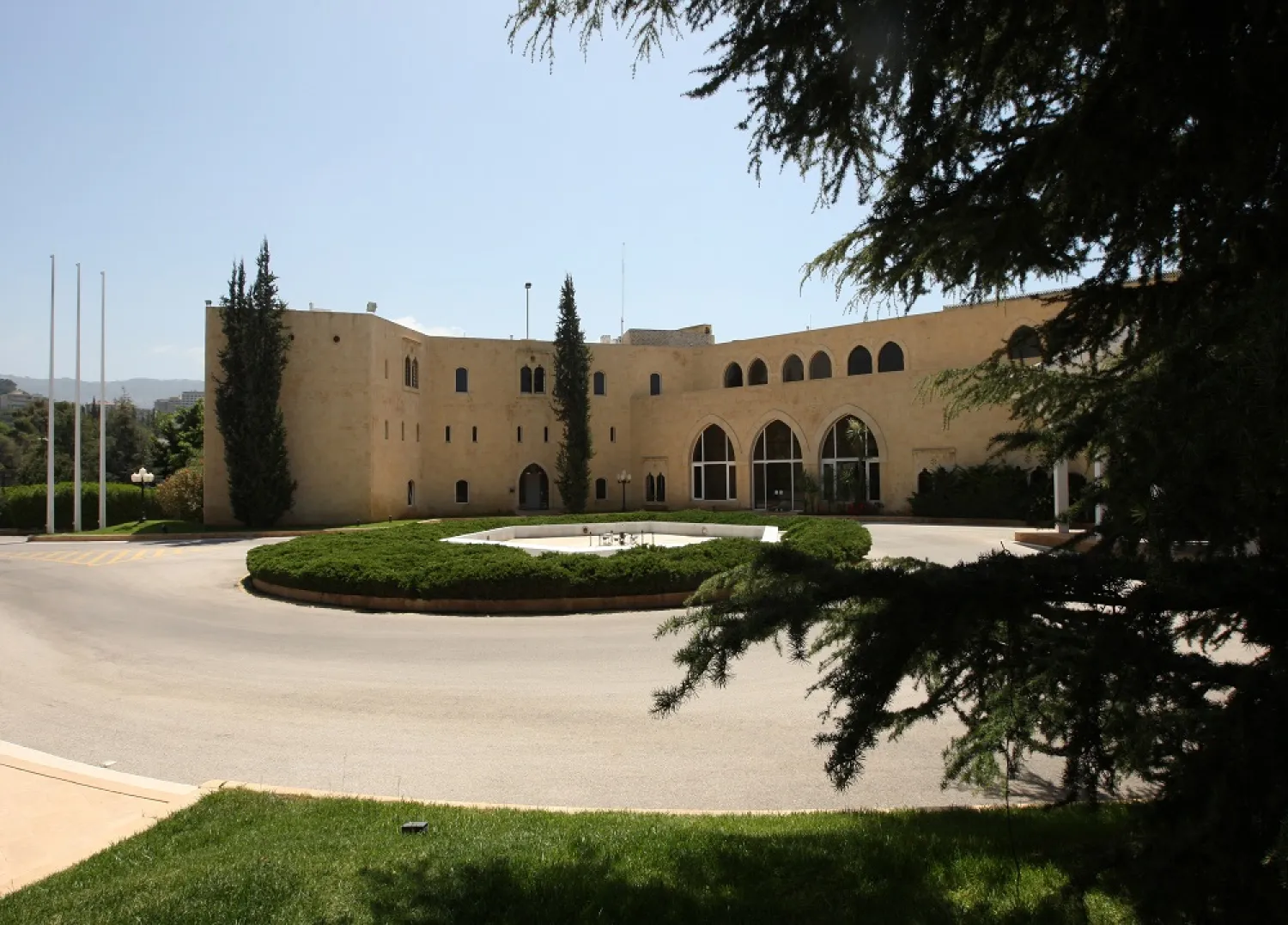Diplomatic circles in Beirut were surprised by caretaker Prime Minister Saad Hariri’s last-minute request to postpone the binding parliamentary consultations to name a new premier, an informed source told Asharq Al-Awsat.
The consultations were set for Monday, but Hariri asked that they be delayed. They will now be held on Thursday.
“The diplomats were surprised, particularly since Hariri’s decision was prompt and came from his residence in Beirut after he was getting ready to head to the Presidential Palace in Baabda to meet with President Michel Aoun,” the sources said.
Aoun agreed to Hariri's request to postpone the meetings to allow further discussions on the government lineup.
Hariri made his request after he was informed early on Monday that the Lebanese Forces would not be naming naming him as PM.
“Hariri refused to head a government that enjoys weak support after the LF refused to nominate him,” the source said.
However, he added that Hariri and the remaining officials should be aware that any further delay in the consultations will plunge Lebanon deeper into its political and economic crisis.
The ambassador of a European country in Beirut rejected any new delay to the consultations.
This will only diminish trust in any government that will be formed in the future in terms of aid they can provide to Lebanon as it tackles its crisis, he warned.
Lebanon is enduring its worst economic and financial crisis in decades with a massive debt, widespread layoffs and unprecedented capital controls imposed by local banks amid a shortage in liquidity.
Hariri had asked the International Monetary Fund and the World Bank for help developing a reform plan to address the economic crisis.
Moody's Investors Service said that without technical support from the IMF, World Bank and international donors, it was increasingly likely that Lebanon could see “a scenario of extreme macroeconomic instability in which a debt restructuring occurs with an abrupt destabilization of the currency peg resulting in very large losses for private investors.”
Its currency has been pegged at 1,507 Lebanese pounds to the dollar since 1997, but in recent weeks it has reached more than 2,000 in the black market. Lebanon's debt stands at $87 billion or 150 percent of GDP.









